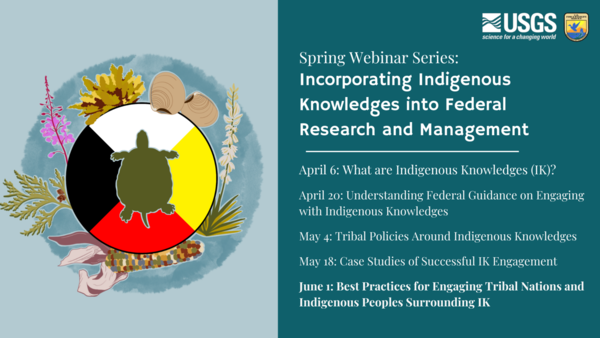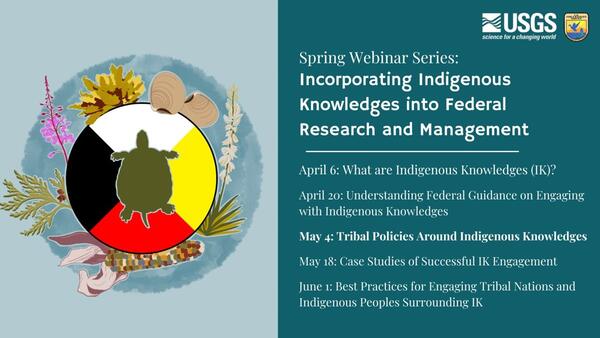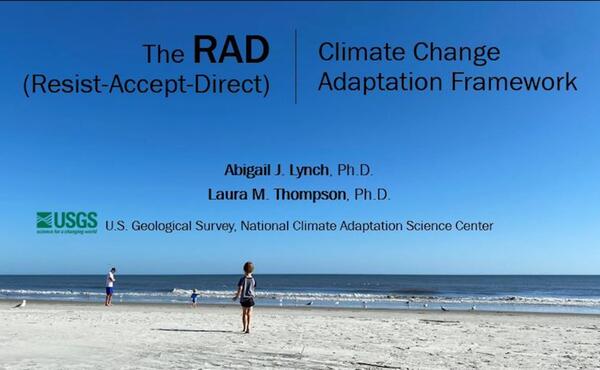Diverse Knowledge Systems and Science to Action Fellowships
Diverse Knowledge Systems and Science to Action FellowshipsA webinar presented by Dr. Abigail Lynch to provide information to those interested in applying to the Diverse Knowledge Systems and Science to Action Fellowships through the USGS National Climate Adaptation Science Center.











